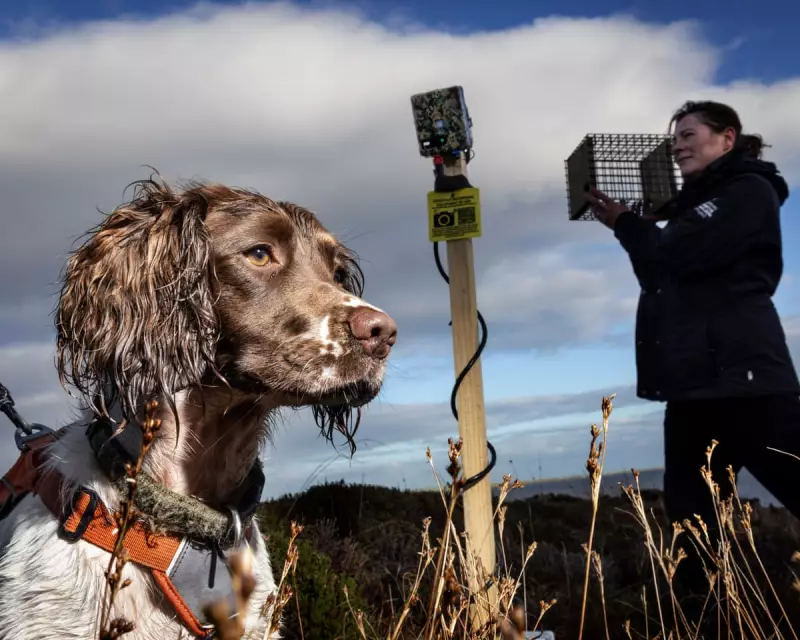
In the remote Orkney Islands, a technological revolution is quietly unfolding in the battle to save some of Britain's most vulnerable seabirds from an unexpected predator. The discovery of stoats - small but deadly mammals - hiding in kitchen cupboards and threatening entire bird colonies has prompted conservationists to deploy artificial intelligence in one of the most innovative wildlife rescue missions the UK has seen.
The Stoat Invasion
When these agile predators first appeared in Orkney, having likely hitched rides on boats from the Scottish mainland, they found a paradise of defenceless prey. The islands' ground-nesting birds, including Arctic terns and red-throated divers, had evolved without natural land-based predators, making them sitting ducks for the voracious stoats.
'We were finding stoats everywhere - in sheds, under houses, even in kitchen cupboards,' reports one local conservation officer. 'The impact on bird populations was devastating and immediate.'
AI to the Rescue
The Orkney Native Wildlife Project has turned to cutting-edge technology in response. Specially designed AI-powered cameras now monitor the landscape, using sophisticated algorithms to distinguish stoats from other wildlife with remarkable accuracy.
These smart cameras can identify stoats in real-time, triggering alerts to conservation teams who can then respond quickly. The system represents a significant advancement over traditional monitoring methods, which relied heavily on human observation and manual camera checks.
Early Success Stories
Initial results have been promising. The AI system has already helped conservationists locate and remove numerous stoats, providing crucial breathing space for threatened bird populations. Local residents have reported hearing bird calls returning to areas that had fallen silent during the peak of the stoat invasion.
One project coordinator explained: 'The AI doesn't just help us find stoats - it helps us understand their movement patterns, preferred habitats, and behaviour. This intelligence is invaluable for planning our conservation strategy.'
A Model for Future Conservation
The success in Orkney is being closely watched by conservation groups worldwide. As climate change and human activity continue to disrupt ecosystems, the marriage of traditional conservation methods with artificial intelligence could provide a blueprint for protecting endangered species elsewhere.
With breeding season approaching, the AI surveillance system stands as a high-tech guardian for Orkney's precious seabirds, offering hope that future generations might still witness the spectacular sight of thousands of birds returning to these ancient islands each year.





